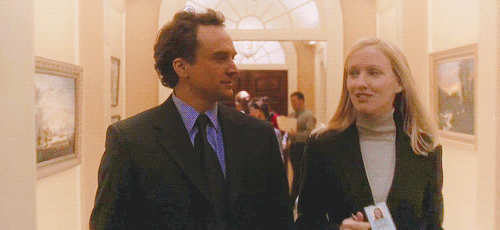When I tell people I write about time management and productivity, they often assume that I schedule something every minute of the day. This is not true. I may be a “J” in the Myers-Briggs taxonomy, but I love completely open work days when I can work on whatever I want, whenever I want. With NaNoWriMo I’ve been trying to engineer more of those days, as my preferred fiction writing mode is total engagement with fingers flying. I love really getting into it.
So I’m always interested to see the contrast with many of the corporate time logs I receive. People will quite easily have 6-8 hours of meetings a day. Since a mere 4 phone calls back to back makes me want to lie in a little puddle on the floor (or go into turtle position, like this photo), I’ve been pondering how people stay engaged through such a day. Maybe they don’t! But presumably some do. How?
I’ve gotten a few tips. One is pro-active schedule triage. Once you sit down in a meeting, it violates all sorts of social norms to stand up and walk out. Better to figure out ahead of time if the meeting is unnecessary (whether for everyone, or just for you), unfocused, or too long. People with heavy meeting schedules get in the habit of looking over the next day’s calendar (or even the next week’s) and figuring out what needs to happen and what doesn’t, and what they must attend, and what’s going to extract too high a cost. An open hour that turns 8 hours of meetings into 7 can make a day feel far more doable.
Another is converting as many smaller meetings as possible to walking meetings. You can’t walk well with more than 3 people, and if there needs to be a lot of note-taking or reviewing documents, it won’t work, but walking adds to your energy levels, rather than subtracting. When you don’t have breaks, a walking meeting can serve as the functional equivalent of one.
Of course, you can also build in breaks. A full day of meetings can create a domino effect; one runs late and then everything runs late. Some people set a watch or phone alarm to beep at a certain point. Ideally, all meetings have incredibly detailed agendas, but sometimes people need a reminder to get to the point. If that happens at about the :42 mark in an hour long meeting, you can get done what needs to be done by :50 and get 10 minutes of space. Try not to use the whole 10 minutes checking email. Deep breathing or stretching deserve space too.
Good note-taking helps with engagement. It’s easy to think in any given meeting that you’ll remember what happened, but three meetings later it will be gone. You can take 20 minutes at the end of the day (or at night after the kids go to bed) to review notes and action items.
And when all else fails, there’s coffee. Lots of it. The necessary bathroom trips will then force breaks into the day.
A version of this article was originally published on Laura Vanderkam’s website.






























